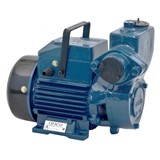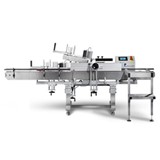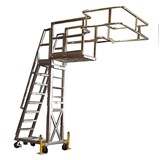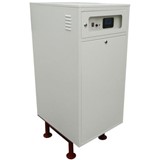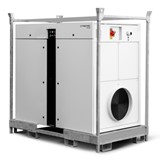Jarrod Moran, senior OHS and workers compensation officer at the Australian Council of Trade Unions (ACTU) has told IndustrySearch.com.au that OHS harmonisation will leave workers in some jurisdictions worse off than under the previous state and territory-based legislations.
Moran said while supportive of a national harmonised system, the ACTU had sought an improvement in workplace safety standards arising from the new national regulations.
"All current legislation can be improved and no one jurisdiction wins the prize as having the optimum system. We [the ACTU] embarked on the harmonisation process with the rather optimistic view that the highest standards in any jurisdiction would be the lowest standards accepted nationally. Sadly this has not been the outcome," Moran said.
Moran points to two areas where the ACTU believes safety protection will be lessened.
"We were guaranteed by all Governments that following the process of OHS harmonisation no worker would be subject to lesser OHS protections," Moran said.
"However, workers in all nine Australian OHS jurisdictions will suffer some reduction in currently applicable safety standards as a result of the introduction of the current draft Model WHS Act.
"Two specific concerns are the loss of the right of a third party to bring prosecutions for a breach of OHS legislation in cases where the regulator has not sought prosecution.
"Also, that the onus of proof in determining compliance with OHS legislation rests with the defendant. These are both significant matters that will be lost in New South Wales."
Moran said that all of the existing legislations had good components but that they were not legislated across all jurisdictions.
"The ABS [Australian Bureau of Statistics] reported in 2009-10 that around 690,000 Australian workers suffered a workplace injury. In 2009 Access Economics estimated that workplace injury in Australia in 2005-06 cost $57 billion. These are appalling figures and indicate to us that every system needs improvement," he said.
At its national conference in February, the Australian Workers’ Union’s (AWU) national secretary, Paul Howes, echoed these views.
"While our union members acknowledge the importance of creating national harmonised OHS standards we do not believe this process should be a backward step," Howes said.
"Laws which simply rely on self-regulation by industry will not achieve best practice standards in the workplace. All you have to do to understand this is to look at the tragedies occurring in the mining industry in Western Australia."
Safe Work Australia (SWA) is developing the new model work health and safety laws following a Council of Australian Governments (COAG) decision to harmonise legislation in 2009.
SWA’s primary function is to: "progress the model work health and safety laws in partnership with state and territory governments, employers and workers, who are represented as Safe Work Australia Members."
SWA has representatives from the nine state and territory jurisdictions as well as two employer and two ACTU representatives.
Moran told IndustrySearch.com.au this arrangement has flaws.
"We stick to the International Labour Organisation (ILO) version of tripartism as a model that serves well. That is Government, employers and employees, as equal partners, should have an equal say in the development of workplace laws, policy and procedures," he said.
"SWA is made up of nine government members, two employer representatives and two from the ACTU. As you see even if the employers and unions agree that some matter should be implemented our four votes can be swamped by the views of the Governments.
"While we are being consulted we would rather be an equal player at the table considering that it is workers who have the most to lose."

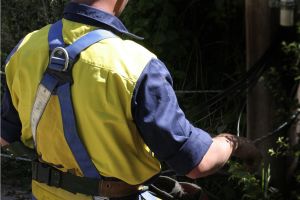


-160x160-state_article-rel-cat.png)

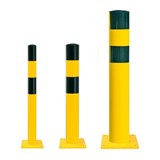



-160x160-state_article-rel-cat.jpg)



